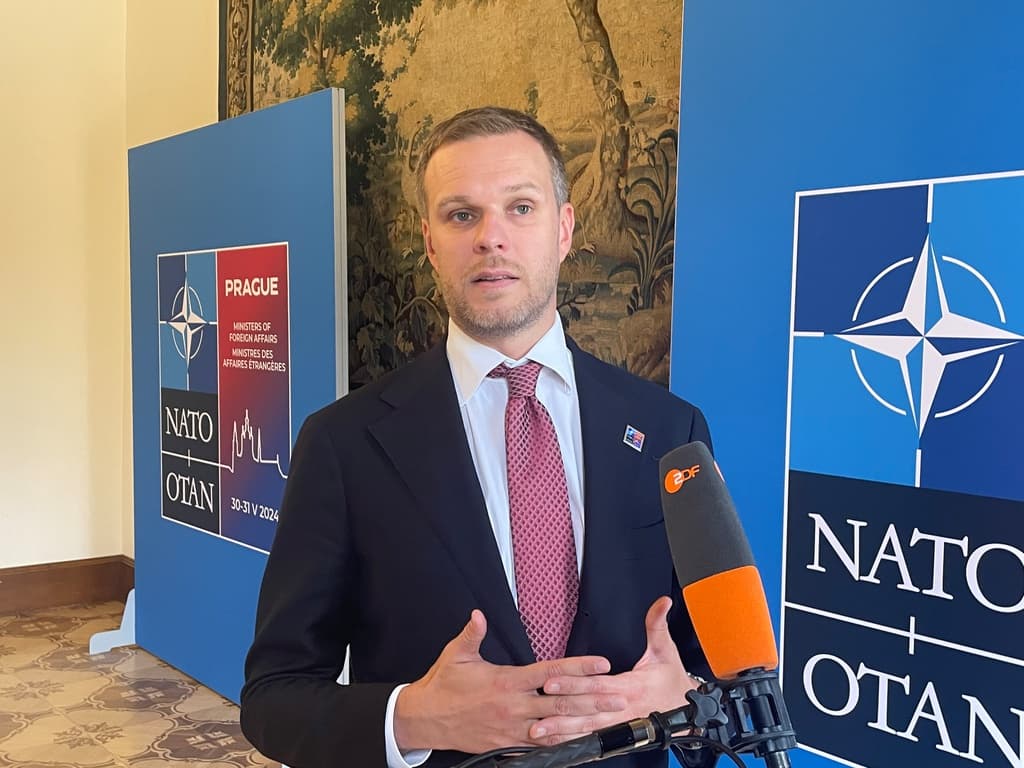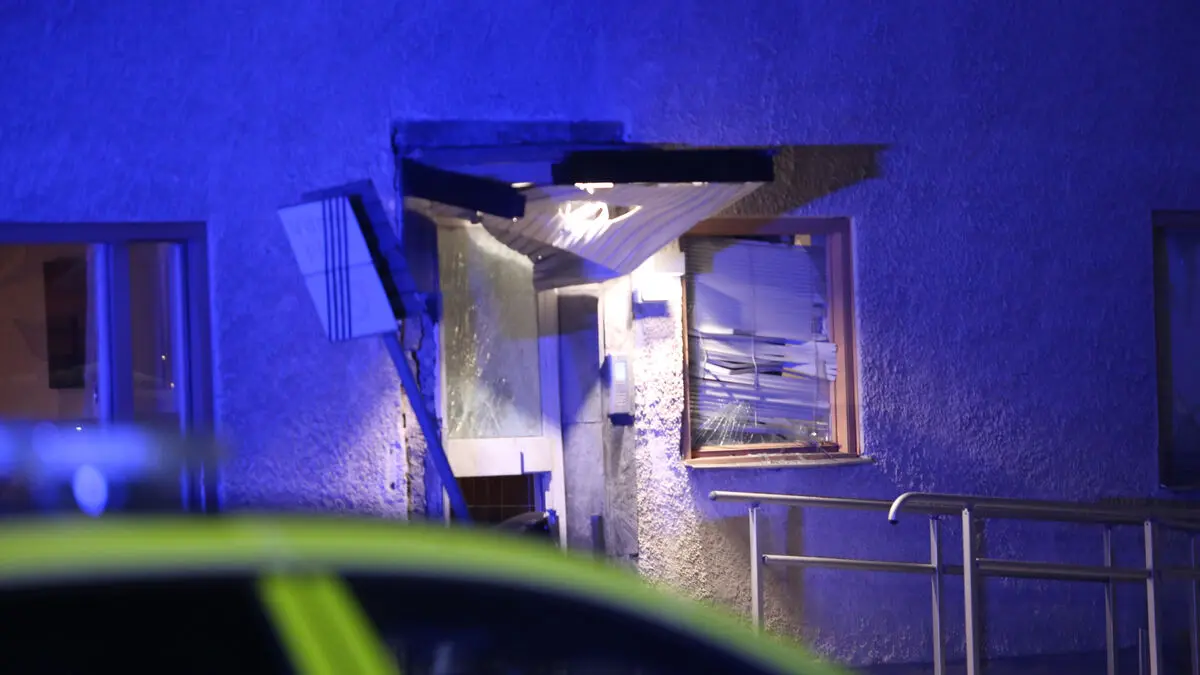The war in Ukraine is making Europe's old Eastern Bloc want a stronger position in the EU.
It's hard to find a location more centrally located in Europe than Prague – at least geographically. There are also centuries of heavy cultural, political, and religious influence that make Prague's capital easily claim to be the central hub for all of Europe.
Yet, it is still considered part of the East. The Czech Republic has only been in the EU since 2004 and – like other neighboring countries in the old Warsaw Pact – still has lower wages, greater emigration, and poorer environmental conditions.
The war in Ukraine has not made it easier, with hundreds of thousands of refugees and a tangible proximity to Russia.
This, however, makes the Czechs and their neighbors feel that they are now starting to be accepted within the EU.
Both within the EU and in NATO, hopes are being pinned on a greater influence for the old East, on all sorts of important posts.
Both the EU and NATO have been dominated by Western countries over the years. Leaders from Belgium, the Netherlands, and Luxembourg have frequently sat on the top posts that have been distributed.
One of the few exceptions was when Polish Donald Tusk was the EU's Council President from 2014-19.
Perhaps something like that can be repeated after this year's EU election. People like Estonia's Prime Minister Kaja Kallas and Poland's Foreign Minister Radoslaw Sikorski are mentioned among the candidates for various top jobs.
In countries like France, Germany, and Italy, there are many voters who are worried about the tough line from the EU's Eastern politicians and would prefer a softer approach towards Russia and Moscow for economic reasons.
Understandable – but wrong, thinks Landsbergis.
Almost half of the EU's member states – 11 out of 27 – were once part of what was known as the Eastern Bloc during the Cold War.
Estonia, Latvia, Lithuania, Poland, the Czech Republic, Slovakia, Hungary, and Slovenia became members in 2004. Bulgaria and Romania joined in 2007. Croatia was admitted in 2013.
Even more Eastern countries are waiting in line. Serbia, Montenegro, North Macedonia, Albania, Ukraine, and Moldova have all started or received promises to start negotiating EU membership. Bosnia and Herzegovina and Georgia also have candidate status.
After the EU election, the heads of government and the EU Parliament will jointly appoint new leaders to the EU's top posts.
The President of the European Commission (currently German Ursula von der Leyen) and the EU's High Representative (currently Spanish Josep Borrell) are nominated by the heads of government, but formally approved by the Parliament.
The President of the European Council (currently Belgian Charles Michel) is appointed by the heads of government on their own.
The President of the European Parliament (currently Maltese Roberta Metsola) is elected separately by the European Parliament.






